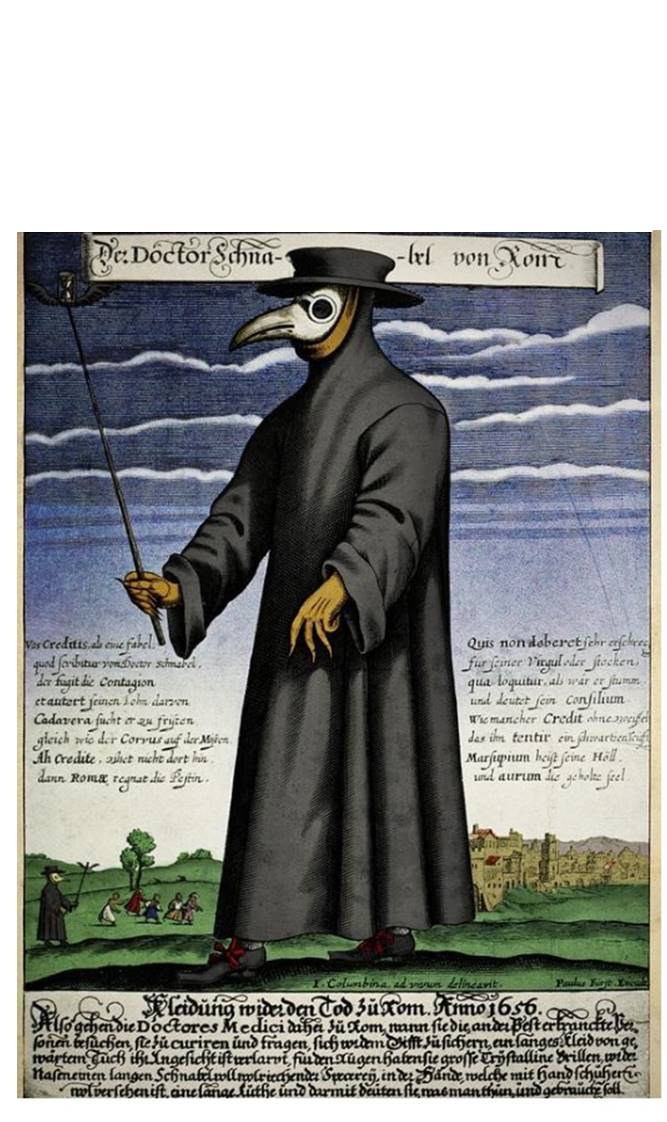COVID “long-haulers” – A different national health issue – The upcoming gubernatorial election in Virginia – Evening statistics
As pandemics go, COVID-19’s mortality rate, while far from insignificant, is not outstandingly high – about 2% globally. That may be one reason why certain people, including a small fraction of those in the health care profession, are treating this disease so cavalierly: the majority of those afflicted with COVID do recover. But we may want to adjust our ideas of what “recovery” means in light of how some patients have been affected after they have survived the disease.
Alex Castro from Sandy, OR, is a case in point. He is aged 44, what would ordinarily be the prime of life. He was formerly a vigorous swimmer and hiker. When he became stricken with the disease, he spent nearly ten months in hospitalization. He was on an ECMO, a heart and lung bypass machine, for 108 days. At this point he is just barely able to walk across his living room, using baby steps and panting with every movement. He has been out of the hospital for 20 days and is said to be improving each day; nonetheless, his physicians believe that he may need a lung transplant eventually. He used to work at a Burger King, a job that he liked and that he wishes to resume, but it is very doubtful that he will ever regain the strength to do so. He is on oxygen around the clock and his doctor said that he will be on it for the rest of his life.
Castro is a “long-hauler,” i.e., a patient who has recovered from the initial infection but is still struggling with persistent debilitating symptoms. No one knows what causes such cases. Some have hypothesized that the virus is still “hiding” in the bodies of such patients. Others suggest that such people’s immune systems have gone into overdrive as a result of the virus. Not all of the long-haulers have symptoms as dramatic as Castro’s, but many are perpetually plagued with extreme continual fatigue, headaches, dizziness, “brain fog,” difficulty in breathing, and numerous other issues. It is unclear, also, the fraction of COVID patients who undergo such symptoms. About one-third appears likely, but estimates have ranged from 5% to 80% of those infected. In any case, the number amounts to several millions and it will affect our national health for some time to come, even after COVID is a pandemic no longer.
It appears that the mask mandates, as well as several cases of individual anti-vaxxers belatedly discovering what the consequences of foregoing the vaccine can entail, has had some effect. Nearly 80% of the population aged 18 or older have received at least one dose and nearly 70% are fully vaccinated. Among the seniors 65 and older, nearly 97% have received at least one dose and nearly 85% are fully vaccinated.
The U.S. has another serious health issue to grapple with. It can’t really be called a pandemic, because it is not linked to a specific disease and in most cases is quite preventable: namely, obesity. An obesity rate is defined as the share of adults 20 years and older who report a body mass index of 30 kg/m2 or higher. The dubious honor of being the state with the highest rate of obesity goes to Mississippi, with 39.1% of its adult population considered obese – a fact that should cause no surprise, for 30.4% of the state’s adult population, by its own admission, does not exercise at all. Colorado has the lowest rate of obesity, but even so its obesity rate for its adult population is 22.4%. These figures are as of 2017; the current adult obesity rate is probably higher.
Election Day is looming ahead, and it affects our state in particular. The gubernatorial race between Youngkin and McAuliffe is running so close that it will probably take several days to count the votes and determine the winner. Sadly, I saw many signs in favor of Youngkin when I recently drove through rural Virginia, as well as several anti-Biden ones. I even saw the odd Trump/Pence sign here and there; to those who keep them on their lawns, the 2020 election has not ended. Already Republicans are trotting out accusations of voter fraud for the state election and are busily preparing lawsuits in the eventuality of losing. I never thought I would be nostalgic for Richard Nixon, but during the 1960 election he categorically refused to consider contesting the election, even though he had grounds to do so on account of the uncertainties of the manner in which votes were counted both in Illinois and in Texas. His attitude was that a lengthy controversy would diminish the United States in the eyes of the world and that the uncertainty would hurt U.S. interests. The recent events of the past several months have proved him quite prescient on both counts.
Yesterday’s statistics as of 8:00 PM – # of cases worldwide: 245,738,410; # of deaths worldwide: 4,987,021; # of cases U.S.: 46,578,318; # of deaths; U.S.: 761,684.
Today’s statistics as of 8:00 PM – # of cases worldwide: 246,236,773; # of deaths worldwide: 4,995,822; # of cases U.S.: 46,677,047; # of deaths; U.S.: 763,720.
